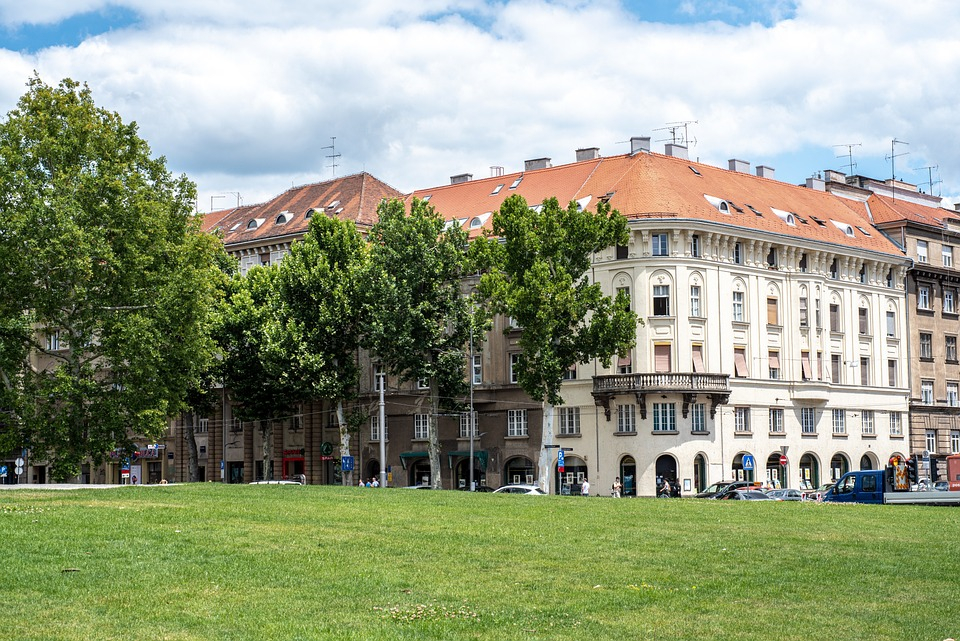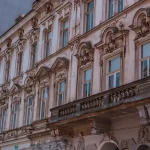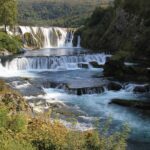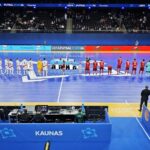As Poslovni Dnevnik writes, the prices of new apartments in general across the country increased by more than 20 percent last year, and here in the City of Zagreb – by more than 30 percent.
Whether the same thing will happen with apartments for rent was analysed for HRT by the First Deputy Mayor of Zagreb Luka Korlaet, real estate agent Sanjin Rastovac and investment analyst Filip Vucagic.
Rastovac said that according to statistics, the average price of apartments in Zagreb per square metre now stands at around 2,700 euros, but in reality it is difficult to find an apartment below 3,000 euros per square metre.
“If we’re talking about apartments spanning 40-50 square metres, then they’re often over 4,000 euros. The last example, we asked for 114,000 euros for a 30-square-metre apartment, and there were about 20 inquiries within just a few days,” he pointed out, emphasising that the demand is currently much greater than the supply. Here in Zagreb, as he says, there aren’t enough quality properties to meet the current high demand.
He pointed out that new builds are much more in demand than older apartments are, primarily because of the earthquake being fresh in peoples’ minds. “The price of new build is currently sky high due to inflation, and then older buildings follow, taking advantage of the opportunity,” he said.
When asked what the City of Zagreb is doing in this regard, Korlaet replied that Zagreb has about 6,500 apartments in its portfolio, almost all of which are occupied. “We have lists for public rent and lists for social rent. We want to bring some order to that renting process, we want to increase how many apartments are for rent and we don’t want to sell them, we want to increase our portfolio,” he explained, adding that in this sense, the plan is to expand the Zagreb rental market by building a large new build in Podbrezje with 288 apartments for rent.
As he says, all of the documentation for such a construction is there, but 320 million kuna is missing. He emphasised that they have come a long way in discussions with development banks in terms of financing and are on the threshold of being granted a favourable loan with an accompanying relatively low interest rate.
Vucagic stated that he believes that the rate of growth of property prices will slow down and stabilise. “As for APN, I don’t think it was the right tool to help people buy property,” he stated, adding that alterations to property tax could be what helps pull more properties into circulation.
Korlaet followed up and said that the intention with APN was good in theory, but that the reality doesn’t quite match up when it comes to the Zagreb rental market.
“The measures are being taken on the wrong side. We need more supply, not more demand. All subsidies affect demand and thereby increase prices,” said Rastovac, adding that people invest in property as a form of safe savings. As for the most sought-after districts for buying real estate in the City of Zagreb, there’s Tresnjevka, Maksimir, Jarun, Vrbani and Sredisce, said Rastovac.
For more, check out our news section.









